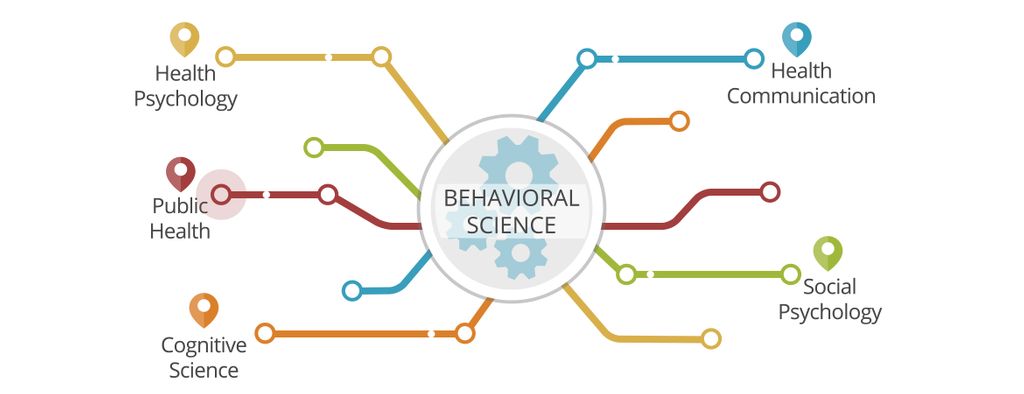
What Is Behavioural Science?
Behavioral science is an interdisciplinary field that combines insights from psychology, sociology, anthropology, economics, and other social sciences to understand human behavior. The goal of behavioral science is to uncover why people behave the way they do and develop effective strategies for promoting positive behavior change.
Behavioral scientists approach this task by focusing on a few key concepts. One of these is reinforcement, the idea that people are more likely to engage in behaviors that are rewarded and less likely to engage in behaviors that are punished. Reinforcement can be positive, such as receiving praise or a monetary reward, or negative, such as avoiding criticism or losing access to something desirable. For example, if a child receives praise for completing a task, they are more likely to repeat that behavior in the future. In contrast, if they receive criticism, they may be less likely to engage in that behavior in the future.
Psychology, as the behaviorist views it, is a purely objective, experimental branch of natural science which needs introspection as little as do the sciences of chemistry and physics.... The position is taken here that the behavior of man and the behavior of animals must be considered in the same plane.
-- John B. Watson
Another important concept in behavioral science is motivation. Motivation refers to the driving force behind our behavior. People are motivated by a variety of factors, including the desire for rewards, the fear of punishment, and the desire to meet basic needs such as hunger and thirst. Behavioral scientists use this understanding of motivation to develop strategies for promoting positive behavior change. For example, if a person is motivated by a desire to be healthy, a behavioral scientist might design an exercise program that emphasizes the health benefits of physical activity.

What Else Does Behavioural Science Recognise?
Behavioral science also recognizes that behavior is influenced by a variety of factors, including our cognitive processes, emotions, and social relationships. For example, people are more likely to engage in risky behaviors when they are feeling stressed or anxious. Behavioral scientists use this knowledge to develop strategies that take these factors into account. For example, a behavioral scientist might design an intervention that focuses on reducing stress levels in order to promote better decision-making.
There are many different applications of behavioral science, including in fields such as public health, education, and business. In the field of public health, behavioral scientists may use their knowledge of reinforcement and motivation to develop effective strategies for promoting healthy behaviors such as exercise and healthy eating. In education, behavioral science can be used to develop effective teaching strategies that take into account the unique needs and motivations of individual students. For example, a behavioral scientist might design an intervention that helps struggling students set achievable goals for themselves.
In business, behavioral science can be used to design products and services that meet the needs and desires of consumers. For example, a company might use insights from behavioral science to design a product that is more appealing to consumers, such as a food product that is marketed as healthy.
In conclusion, behavioral science is a fascinating and rapidly growing field that seeks to understand human behavior and develop effective strategies for promoting positive behavior change. By studying the key concepts of reinforcement, motivation, and the various factors that influence behavior, behavioral scientists are able to design interventions that are tailored to individual needs and motivations. Whether you are interested in public health, education, or business, a basic understanding of behavioral science can be incredibly valuable in helping you achieve your goals.





